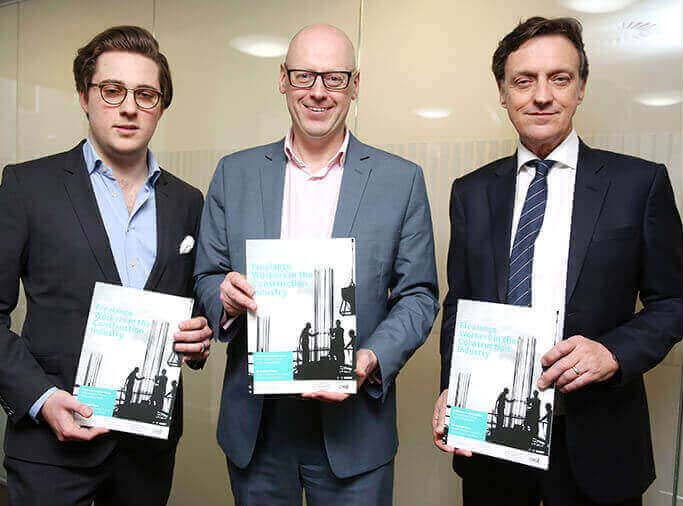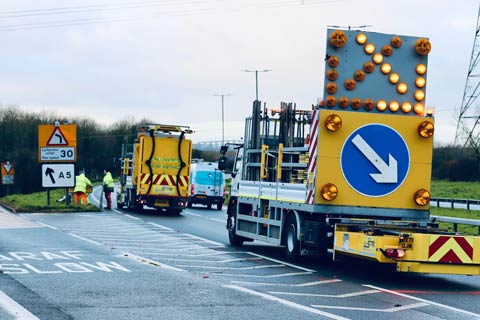15th May 2018 | David Jackson
The government’s national apprenticeship levy was supposed to create three million apprenticeships by 2020. But one year on the latest figures reveal a 24 per cent fall in trainees, along with a great deal of frustration and confusion across all industries, including our own.
It brings to mind that old saying about the road to hell being paved with good intentions. While I’m sure the apprentice-funding scheme was drawn up with the goal of creating jobs and careers, that’s not what’s happening.
One recent view I came across warns: “Some in Whitehall have fallen into the trap of dismissing the difficulties as teething problems. But unless action is taken swiftly to fix both the apprenticeship levy and the complex changes to training for smaller firms, there is a real risk of long term damage to opportunities for would-be apprentices and their prospective employers, already over-burdened with red-tape bureaucracy.”
A just-published report from the Open University reveals that businesses have paid £1.39bn into new National Apprenticeship Service accounts, yet have withdrawn only £108m, and only one year remains for them spend that money before it begins to expire.
The common view amongst many fed-up firms is that trying to get funding from the levy is so complex that it is most profitable simply to write off their not insignificant contributions as another payroll tax.
Even worse, I’ve also read about companies that closed their tried and trusted training schemes to pay their levy bills, and are now venting huge frustration at their inability to secure much benefit in return. And then there are the companies with sufficient clerical staff to sort out the administrative burdens of the levy whose interns and graduates are being re-classified as apprentices in order to claim grants.
The introduction of the levy also reminds me of the CITB’s own interventionist effect in construction. A couple of years ago, they raised £180m from their own levy only to spend £40million on their own board’s expenses.
While last year, the CITB added a ‘supplementary grants’ facility that enabled them to distribute almost £40m to large companies paying the national apprentice levy . . . to ‘support them through the first year of double levy’.
A decision that comes as little consolation – or benefit – to an industry whose skills shortage is universally acknowledged.
Want to talk to us?
If you would like to get in touch, call us or fill in your details and we will call you back.
Call 01262 401040
Request a callback
Value Freelance Builders
The latest version of this key report highlights how freelance builders play a crucial and unrivalled role in boosting economic efficiency and productivity in the construction sector.
Plus debunks the myth that freelancers in the construction industry are exploited.

To speak to one of our team, call us on 01262 401040
Or request a callback and one of our team will be in touch at a time that suits you.
Request a callback
Please select your role and fill in your details and we'll get you the right person to call you:




